
Unthinkable
An Extraordinary Journey Through the World's Strangest Brains
Recommendation
Meet a man who thinks he’s a tiger, a woman who gets lost going to the bathroom and a doctor who doesn’t merely empathize with his patients but feels exactly what they feel. Join science writer Helen Thomson for a journey through the inner workings of the human brain. She discusses the cases of nine patients, giving context to what otherwise might be faceless statistics in medical lore. Thomson’s tales of how these patients’ “unusual” brains affect their lives sheds light on the workings of the brain and on the capabilities most people take for granted. Thomson describes how different areas of the brain are involved in different aspects of consciousness and spends a worthy amount of space detailing how – despite a wealth of incredible scientific discoveries about brain function – the essence of human consciousness remains mysterious and unquantifiable. Her profiles will intrigue anyone fascinated by the twists and turns of human nature.
Summary
About the Author
Helen Thomson is a consultant for New Scientist and writes for The New York Times, Nature and the BBC.









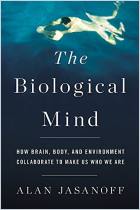
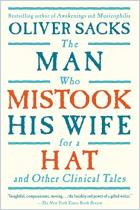
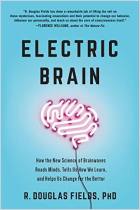
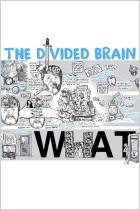
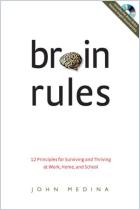
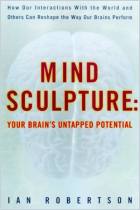


Comment on this summary or Démarrer une discussion